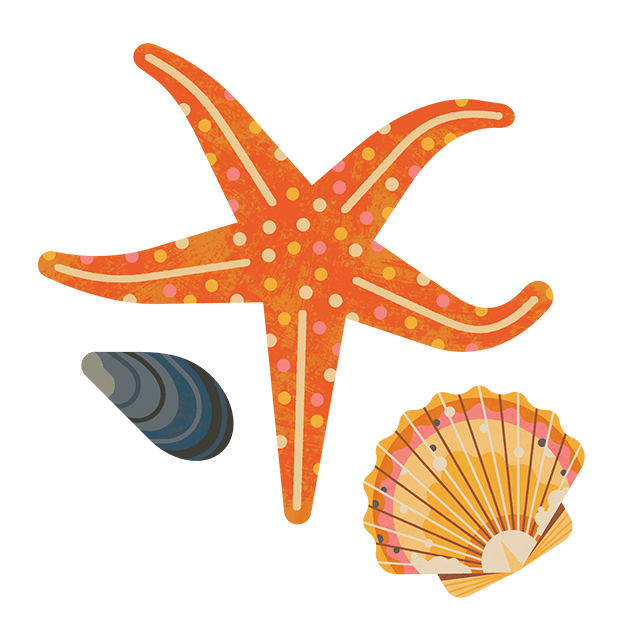
Sea Champion attends conference in Malaysia
This month is our Plastic Challenge. Sea Champion, Nathan, shares with us his experience of attending a conference in Malaysia on 'Plastic Solutions'.
What is the priority today? How will you decide? For me, I must write this article, because there is an opportunity, a deadline, and as you will see, two important lessons to share with you which changed the way I think and concern you, me, and our friends and families. Simply, today I will write.
My name is Nathan, I am a Sea Champion in Scotland, and was invited to write about my experiences at a major international conference in Malaysia last year. For 2000 conservation professionals and students in Kuala Lumpur city, a full day of presentations, workshops and symposia were organised on the theme, ‘Plastics Solutions’.
Beach cleans were my way into the world of plastic, and now living in Asia, before getting onto solutions, I have been asked to share a quick global perspective...

Everyone can find single-use plastics. But how easily can we find alternatives? In the UK, the Plastic Challenge in July nudged me to search for food without plastic packaging, experiment with homemade toothpaste, and ditch plastic bottles and bags.
I left Scotland and moved to China in 2017, where buying food loose by weight is common practice, so I can avoid the stream of plastic bags by simply using reusables. And then last July was the six-day rail and road journey to the conference through Vietnam, Laos and Thailand, where a lunchbox, a pair of chopsticks and water bottle were trusty travel items for picking up (delicious!) food en route from willing street food merchants and restaurants.

The Monday morning in Malaysia with deep ocean explorer, Fabien Cousteau, was brilliant! In his opening session, ‘What’s good for the environment is good for business’, he shared his adventures and love of the ocean, celebrated innovation, opportunities and strength of young people, and raised the need for making bold decisions.
The end of that day had a profound effect on me – an evening of cinema with Craig Leeson, director of ‘A Plastic Ocean’, referred to by Sir David Attenborough as “one of the most important films of our time.” Effects of plastics on wildlife and wild places were deep in my conscious, but plastic as a global threat to public health…?

Lesson 1: Plastic has significant risks to human health throughout its life cycle.
Toxic chemicals associated with plastic are many. At least 175 known hazardous chemicals are used in food packaging in the EU, and chemicals can shed into food as plastic degrades in contact with light, heat and food. Extraction of the initial fossil fuels and incineration of plastic waste releases toxic substances into the air and water. We know these chemicals are associated with cancer, brain health, child development, and reproductive, respiratory and immune system function.
Lesson 2: If we classify plastic waste as hazardous, it could be easier to legislate.
Beyond this article, I draw on two cases you might know? i) Hormones in meat – substances used for growth promotion in farm animals are prohibited in the EU, on the evidence of tumours in humans. ii) Breast-milk substitutes – recognising the importance of breastfeeding for the health of mothers and infants, the World Health Organisation recommends that there should be an international code on the marketing of infant formula and other substitutes. In both cases we see big industries, global players, and the driving forces of public health interests influencing policies, markets and consumption. Any other examples?
Just weeks into my COVID-19 lockdown experience, in February these lessons were clearer than ever. With no other option than online shopping, my power to choose unpackaged food was gone, delivered instead in bags within bags. I remembered contesting with a good friend in 2016 whether behaviour change or policy had greater effect on changing plastic use. We recognised the huge win of the plastic bag levy, though I held on to the power of the ‘conscious consumer’. Now, however, we all bear witness to the speed and scale at which an all-of-government response can change the ‘normal’ (note, on the basis of public health).
The views are personal to the author and do not necessarily represent those of the Marine Conservation Society.


